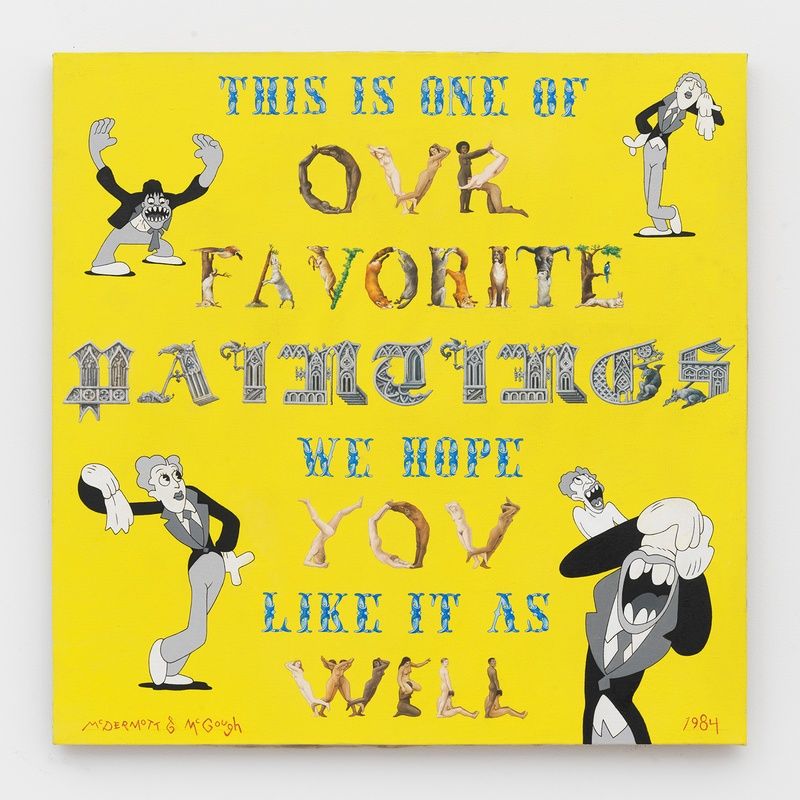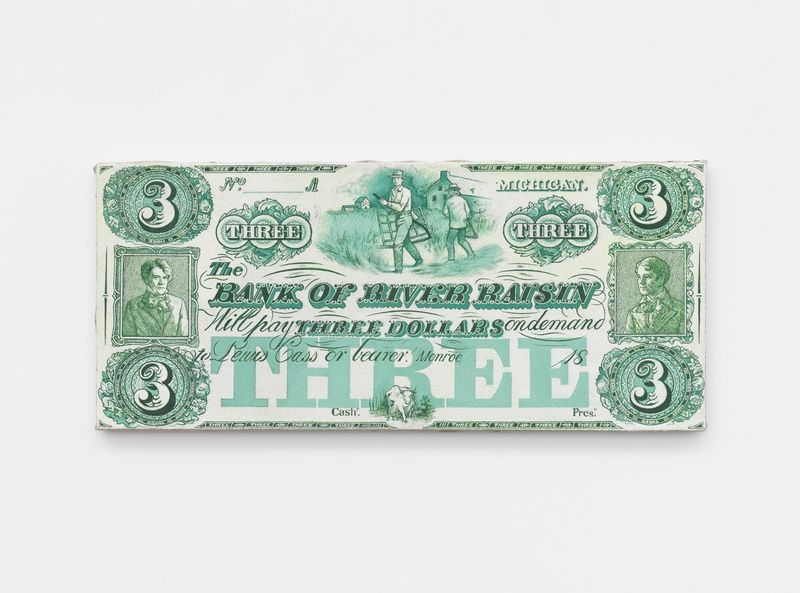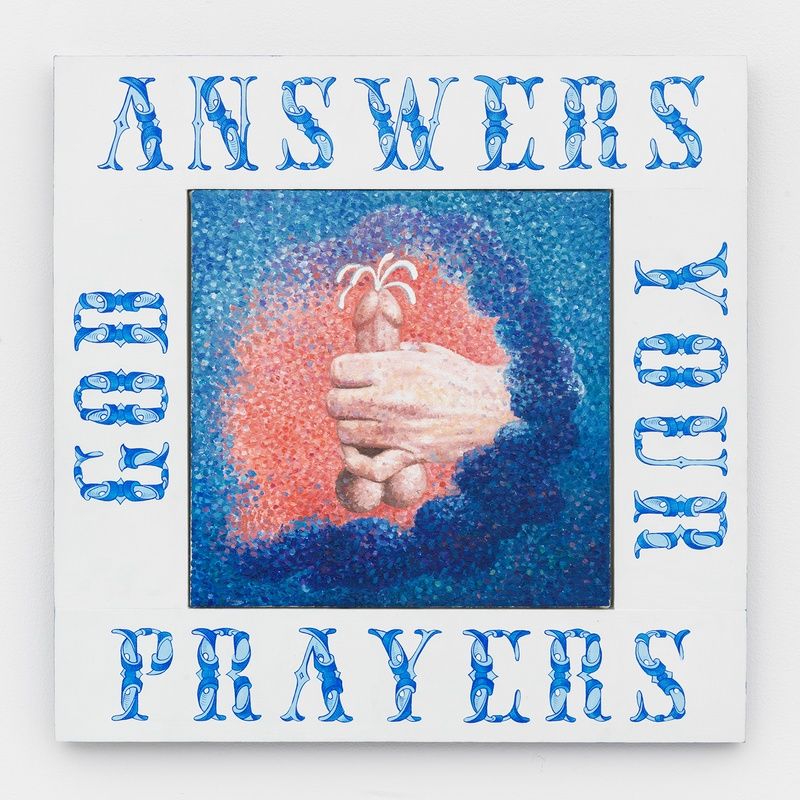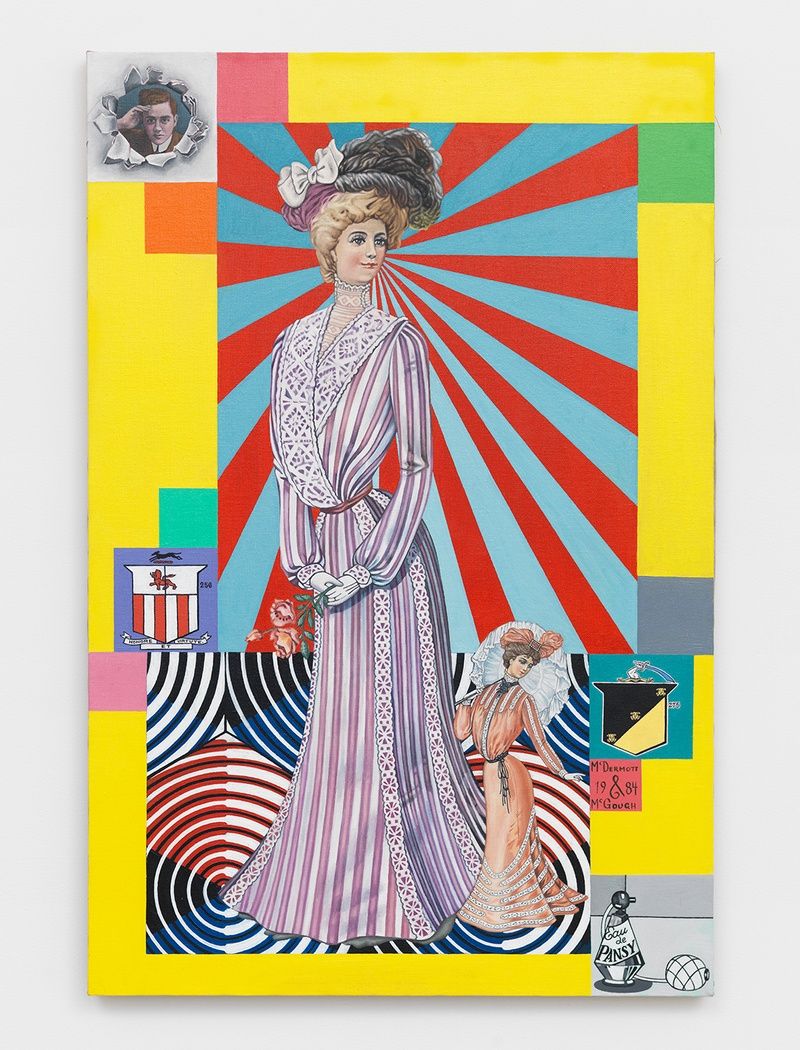James Fuentes Gallery
David McDermott & Peter McGough
Velvet Rage, Flaming Youth, and the Gift of Desperation
Creating work as a collective since meeting in the East Village in 1980, David McDermott (1952, Hollywood, California) and Peter McGough (1958, Syracuse, New York) investigate subjects of queer identity, homophobia, and the politics of nostalgia. Recognized for their unique multidisciplinary practice, their work is projected through the lens of an anachronistic immersion into Victorian lifestyle. Focusing strictly within the period of the late 19th century to the 1930s, the two existed within the confines of these decades stylistically, fashionably, and technologically. They resided in a personalized home without electricity or plumbing in Alphabet City, and fashioned themselves as Victorian dandies, wearing top hats, cutaway suits and detachable collars. Beyond this encompassing way of life, McDermott & McGough produced a prodigious amount of work expanding into mediums of painting, photography and sculpture. For tools they would paint with rabbit skin glue and lead based gesso on canvas, and perpetually backdated their works to the early 20th century or before. Within these mediums they investigated the social and political history of homosexuality and self-identity. With a keen critical eye the two deconstructed the homoeroticism of the era and its contradictory societal homophobia. Exhibited within a contemporary context, McDermott & McGough showcase the glacial mobility of social progress. Through their wit and unparalleled voice, the two offer a continual critique of the narrative and portrayal of the homosexual in the Western world.
For their first exhibition with James Fuentes, McDermott & McGough present new works that are not only an extension of their idiosyncratic practice, but also reevaluations of their oeuvre. In one series of angular, geometrically shaped canvases the artists surround reoccurring portraits of women draped in Edwardian dresses from 1908 with motifs of their extensive body of work. Standing in as proxy substitutes for McDermott & McGough, each painting holds a pair of these female/male muses framed in a collage of boxes filled with fragments of previous paintings. In one painting their infamous work A Friend of Dorothy, 1943/1986 is sandwiched between a group of saluting Romans and an illustration of a turn of the century debonair gentleman in a tuxedo. In another, the painting Peep Hole, 1888/1988 neighbors the familial coat of arms for McDermott & McGough, respectively. Often bearing titles that homage to the nicknames of dandies and queer bars concentrated on the Bowery one hundred years ago, each piece is backdated to the collectives genesis in 1984.
In another series McDermott & McGough take as their primary subject a pansy antagonistically portrayed in an early 20th century cartoon. In the original animation, after t��pansy enters a bar and orders a drink, the bartender prepares an insidious cocktail of tacks and poisons for the effeminate customer. Almost immediately, the pansy transforms into an angered beast, rips off his clothes and destroys the bars interior while screaming in pain. The bartender, snide and ambivalent to the plight of his wretched patron, returns the pansy to his natural state with the mist of a perfume, appropriately titled Eau de Pansy. A striking metaphor for the AIDS crises, both in the exhibited torture of the pansy and the apathetic tone of his audience, McDermott & McGough portray him in different states of his grotesque transformation throughout the gallery.
Lastly, a shrine dedicated to Onan the Masturbator encompasses an elaborately crafted wooden table composed of phalluses, carved after a table in collection of Catherine the Great. Paintings depicting an intersectional array of genitalia - often in moments of self-pleasure - hang around the altar. The display not only recalls the derogatory Biblical narratives of masturbation and its sinful comparisons to homosexuality, but also celebrates an unashamed embracement of oneself. It is this triumphal acceptance of self-identity that anchors this exhibition. Without apology, McDermott & McGough not only scrutinize the historical narrative of homosexuality, but also lay bare their own biography. Thus the exhibition portrays a confidence amidst crises, an assurance of identity, and a reverence for survival.



